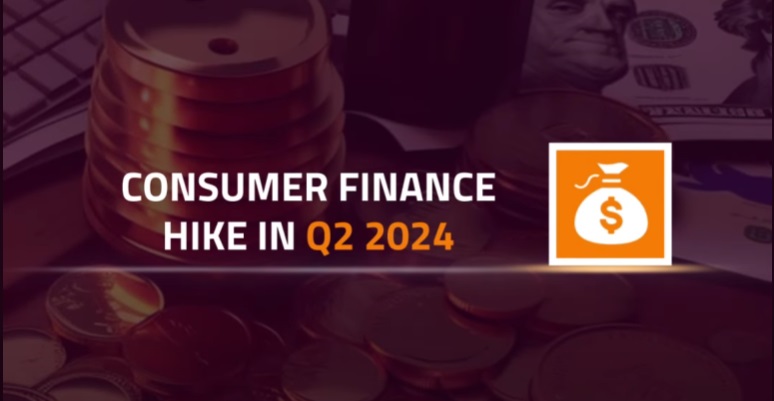Egypt gears up to rejoin JPMorgan’s Emerging Markets Bond Index
Updated 10/7/2024 7:53:00 AM
Arab Finance: Egypt is making strides to regain its position in JPMorgan Chase & Co.’s Government Bond Index for Emerging Markets (GBI-EM), a benchmark tracked by more than $200 billion in emerging-market funds, Bloomberg reported, citing unnamed sources familiar with the matter.
The North African nation was removed from the index on January 31st, 2024, due to a severe foreign exchange crisis, but is now gearing up for a potential return by 2025.
JPMorgan requires a minimum 12-month period before considering any re-inclusion of a country.
If successful, Egypt could be added to the bank's watchlist in the first half (H1) of 2025, setting the stage for a final decision later that year, though a re-entry in 2026 seems more likely, sources noted.
The removal from the index followed a period of financial instability that left foreign investors struggling to convert their funds.
However, Egypt’s economic landscape has seen a recovery driven by a $57 billion global bailout package from the UAE and the International Monetary Fund (IMF).
Once a favorite among emerging-market investors, Egypt's financial profile is regaining appeal.
Authorities devalued the Egyptian pound by about 40% against the US dollar and raised interest rates to 27.25% in March, restoring some confidence among investors.
This shift has prompted some to lobby for Egypt’s re-entry into the JPMorgan index, citing attractive prices on local currency debt. However, Egypt’s history with the index is complex.
The country was delisted twice in the past decade, first in 2011 during political unrest and more recently in early 2024.
For JPMorgan to consider relisting, Egypt must show sustained economic stability and resilience. While fears of default have eased and bond yields remain high, JPMorgan is likely to proceed with caution.
If reinstated, Egypt could see significant long-term investments from passive funds, providing much-needed support for its local debt market.
Related News











